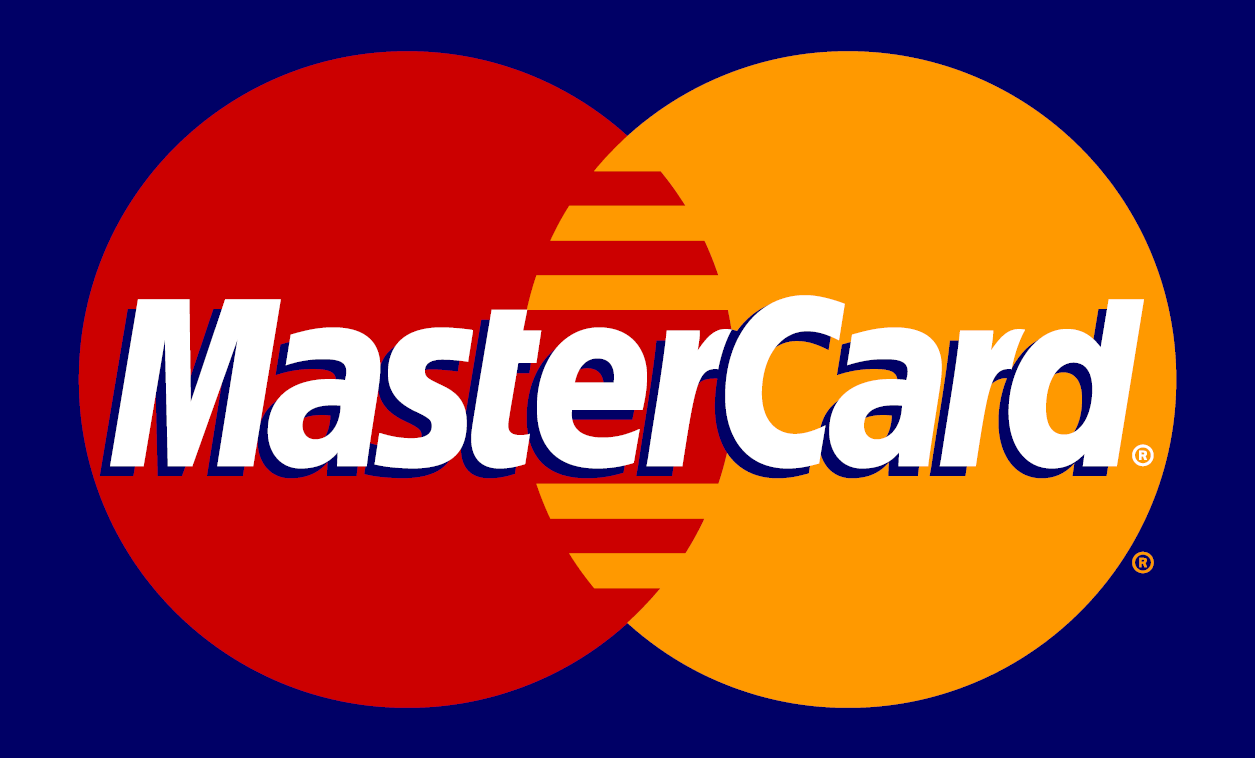
Water Conservation: 7 Simple Ways to Save Water at Home and in Your Business
Water is one of our most precious resources, yet it is often wasted without thought. ...

Mastercard unveiled an acceleration of its net zero timeline by a decade, from 2050 to 2040. It is also scaling its sustainable solutions to customers across Europe and Latin America, including Banco de Costa Rica, ekko, Gránit Bank, and Sberbank, which have all signed on to adopt the Mastercard Carbon Calculator.
As part of its net zero strategy, Mastercard had already committed to meet its existing science-based targets (SBTi) for greenhouse gas reduction, which are aligned to the United Nations Business Ambition for a 1.5°C future. The company transitioned to 100% renewable energy in 2018 for its operations, and its emission reduction strategy primarily centers on further decarbonization across its value chain, including Scopes 1, 2 & 3 emissions.
Mastercard has received an “A” rating for Supplier Engagement since 2018 from CDP (formerly Carbon Disclosure Project) and joined the 1.5°C Supply Chain Leaders Initiative, supporting large and small suppliers with concrete resources and tools for measuring their emissions and developing climate strategies through the SME Climate Hub.
Supported by its new global Sustainability Innovation Lab, the company aims to encourage tangible action by people who use its 2.9 billion cards across the globe. This includes helping banks offer their consumers digital tools, such as the Mastercard Carbon Calculator, that encourage climate-conscious choices, and cards made from more sustainable materials.
“Tackling the global climate crisis will take all of us – and major businesses have a vital role to play. At Mastercard, we continue to raise the bar for ourselves, accelerating our commitment to reach net zero emissions,” said Michael Miebach, chief executive officer, Mastercard. “We will also use our technology and global network to inspire collective action that fosters a more sustainable digital economy.”
To help accelerate progress toward Mastercard’s sustainability goals, the company made changes to its executive compensation model, linking it to three global ESG priorities including operational carbon neutrality. Mastercard also showed progress in 2020 against its existing 1.5°C SBTi-approved targets, including a Scope 1 & 2 reduction of 44% and Scope 3 reduction of 57% against a 2016 baseline, and was recently awarded for Supply Chain Leadership from the Climate Leadership Conference.
اترك تعليقا